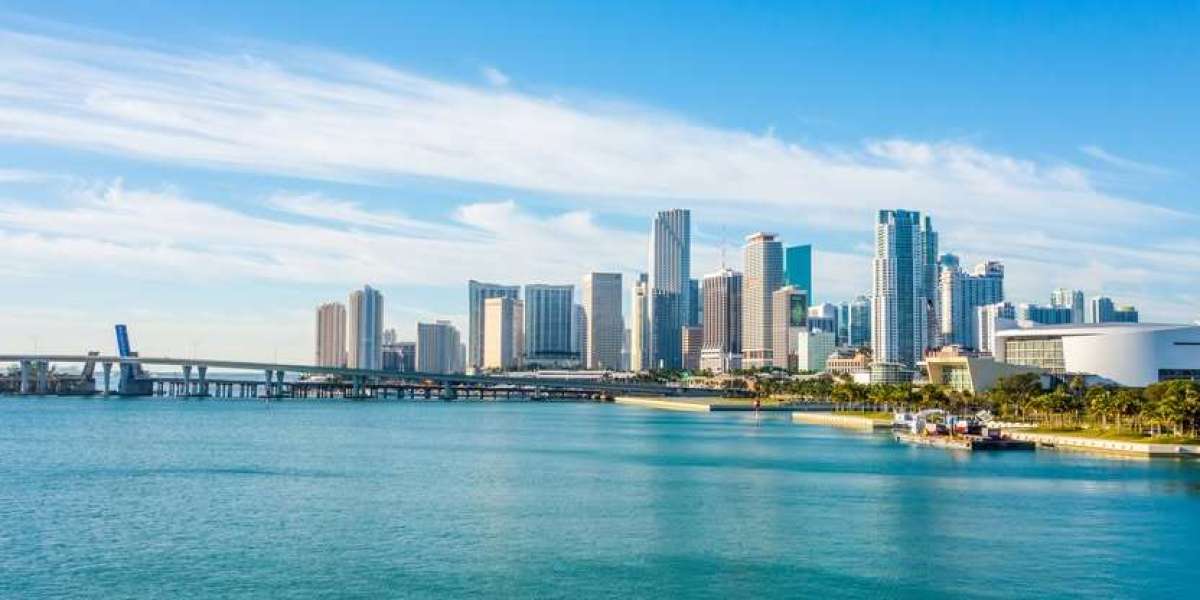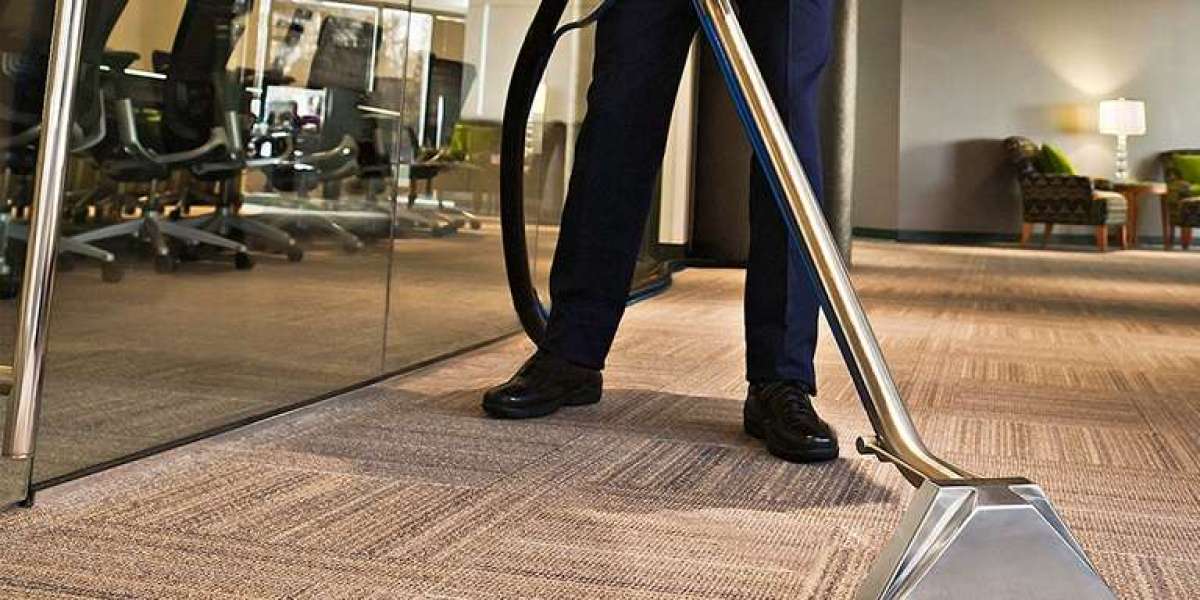What Is a Sewer Backup?
A sewer backup happens when wastewater doesn’t flow away from your home as it should—and instead, comes back up through toilets, drains, and even your basement floor. In Miami, this issue is more common than many realize, especially in older neighborhoods or areas with frequent rain and flooding.
The wastewater that comes up during a backup isn’t just unpleasant—it’s a health hazard. It can contain bacteria, viruses, and toxic substances that pose serious risks to people and pets.
Why Sewer Backups Happen in Miami
There are a few reasons why sewer backups in Miami are more common than in some other cities:
1. Heavy Rain and Flooding
Miami’s tropical climate brings a lot of rain, especially during hurricane season. When the municipal sewer system is overwhelmed with stormwater, it can cause backups into residential properties. Low-lying areas are especially at risk.
2. Old or Failing Infrastructure
Parts of Miami’s sewer system date back several decades. Older clay or cast-iron pipes can crack, collapse, or be infiltrated by roots. As these pipes deteriorate, blockages and backups become more frequent.
3. Grease and Debris Buildup
Flushing the wrong things down the drain is a common problem. In areas with lots of restaurants and dense residential housing, grease, food scraps, and hygiene products can accumulate in sewer lines, eventually causing a clog that leads to a backup.
4. Tree Root Intrusion
Miami’s lush landscape is beautiful, but tree roots naturally seek out water and can break into sewer pipes through small cracks. Over time, the roots expand and completely block the pipe.
Signs You Might Have a Sewer Backup
Some sewer backups come suddenly, but often there are warning signs. Pay attention to the following:
- Multiple slow drains throughout your house, especially at the lowest level
- Gurgling sounds from drains or toilets
- Bad odors coming from sinks or tubs
- Water backing up when you flush the toilet or use the washing machine
- Standing water in the basement or near floor drains
If you notice any of these signs, it’s time to act fast.
What to Do If You Have a Sewer Backup
When you experience sewer backups in Miami, timing is everything. Here’s what you should do:
Step 1: Stop Using Water
Immediately stop running water anywhere in the house. Every flush, shower, or load of laundry will add more wastewater to the system, making the situation worse.
Step 2: Call a Professional Plumber
Don’t try to DIY a sewer backup—it’s hazardous and often too complex for over-the-counter solutions. A licensed plumber in Miami will have the tools to diagnose the problem, clear the blockage, and assess any damage to your pipes.
Step 3: Document the Damage
Take photos and videos of the affected areas for insurance purposes. If you rent, notify your landlord immediately.
Step 4: Begin Cleanup Carefully
If you have to start cleanup before the pros arrive, wear protective gloves, boots, and a mask. Use disinfectant to clean any surfaces touched by wastewater, and dispose of contaminated items that can’t be cleaned.
How to Prevent Sewer Backups in Miami
Preventing sewer backups isn’t always possible, especially when the cause is municipal flooding, but there are steps you can take to greatly reduce your risk:
1. Install a Backwater Valve
This is a must-have for homes in flood-prone or low-lying areas. A backwater valve prevents sewage from flowing backward into your home during a flood or backup.
2. Avoid Pouring Grease Down the Drain
Grease hardens as it cools and can build up in your pipes or the main line. Instead, pour it into a can and throw it in the trash.
3. Flush Only Toilet Paper
Wipes, paper towels, hygiene products, and even “flushable” items can cause serious clogs. Stick to toilet paper only.
4. Schedule Routine Maintenance
Have a plumber inspect and clean your sewer lines regularly, especially if you have a history of problems. Video inspections can help spot issues before they become emergencies.
5. Landscape Carefully
Avoid planting large trees near sewer lines. If you already have trees on your property, consider regular root treatments or root cutting services to prevent intrusion.
Dealing with City Responsibility vs. Homeowner Responsibility
A common question about sewer backups in Miami is who’s responsible: you or the city?
Here’s a general rule of thumb:
- If the blockage is in your private sewer lateral (the pipe that connects your home to the city’s sewer main), it’s your responsibility.
- If the problem is in the city’s main sewer line, then the city is typically responsible.
That’s why having a plumber do a video inspection is so helpful—they can locate where the blockage is and help you determine the next steps. If it’s the city’s fault, you may be able to file a claim for damages.
Final Thoughts
Sewer backups in Miami are messy, costly, and can feel overwhelming—but they’re not something you have to face alone. By understanding the causes, recognizing the warning signs, and investing in prevention, you can protect your home and avoid a lot of headaches.
Whether you live in Little Havana, Coconut Grove, or out in Kendall, every Miami homeowner should take sewer system maintenance seriously. With the right plumbing professional on your side and some smart prevention tactics, you can keep everything flowing smoothly—no matter how wet or wild the Miami weather gets.







